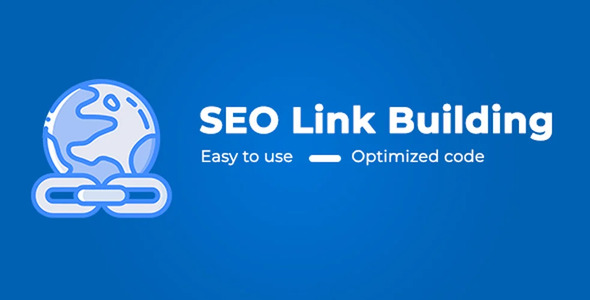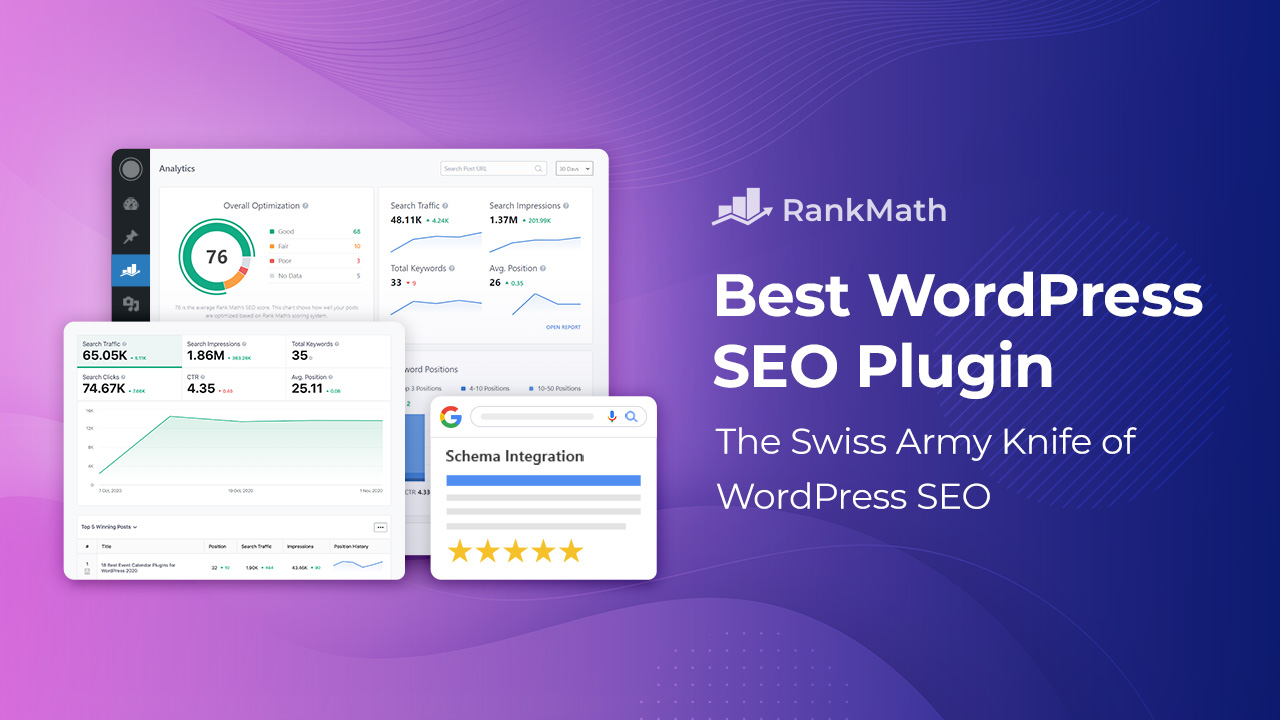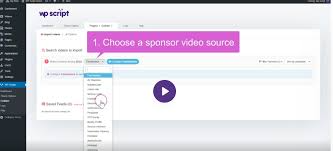SEO – Link Building for WordPress Plugin

70+ Reviews
with 5 star Ratings

99% Customer
Satisfaction

7-Days
Money Back
Request update for this product.
$99.00 Original price was: $99.00.$4.99Current price is: $4.99.
- Version: Latest
- Last Updated: 01/09/2024
- License: Original
- Original License Activation
- Automatic Updates From WordPress Dashboard.
- 100% secure and verified downloads.
- Single Domain Usage
- We will Activate the License to Avoid Abuse
- We Purchase From the Original Developers
- Quick help through Email & Support Tickets
Link building is a fundamental aspect of Search Engine Optimization (SEO) that can significantly improve your website’s visibility and authority. For WordPress plugin developers, effective link building strategies are essential for driving traffic, enhancing credibility, and boosting search engine rankings. This article will explore the best practices for link building specifically tailored for WordPress plugins, helping you maximize your online presence.
Understanding Link Building
Link building refers to the process of acquiring hyperlinks from other websites to your own. These links act as votes of confidence, signaling to search engines that your content is valuable and trustworthy. The more high-quality links your website has, the more likely it is to rank higher in search engine results pages (SERPs).
Importance of Link Building for WordPress Plugins
- Improved SEO Performance: Search engines like Google consider links as one of the top-ranking factors. A well-executed link-building strategy can enhance your plugin’s visibility and search ranking.
- Increased Referral Traffic: Links from reputable websites can drive targeted traffic to your plugin’s page, leading to more downloads and user engagement.
- Enhanced Authority: Building links from authoritative websites helps establish your plugin as a credible resource in the WordPress community, increasing trust among potential users.
- Networking Opportunities: Link building often involves reaching out to other developers, bloggers, and website owners, fostering valuable relationships within the industry.
Strategies for Effective Link Building
1. Create High-Quality Content
The foundation of any successful link-building strategy is high-quality content. Create valuable resources related to your plugin that others will want to link to, such as:
- How-to Guides: Write comprehensive guides on how to use your plugin effectively, including tips, tricks, and troubleshooting advice.
- Case Studies: Showcase real-world examples of how your plugin has benefited users or businesses, providing evidence of its effectiveness.
- Infographics: Visual content is highly shareable. Create infographics that summarize complex information related to your plugin’s niche.
- Blog Posts: Regularly update your blog with relevant topics that address common pain points in your niche, incorporating your plugin naturally into the content.
2. Leverage Guest Blogging
Guest blogging is an excellent way to build links while showcasing your expertise. Reach out to authoritative websites in your niche and offer to write a guest post. When you contribute valuable content, you can include a link back to your plugin. Here’s how to approach guest blogging:
- Identify Target Blogs: Research blogs that cater to your target audience and have a good domain authority.
- Pitch Relevant Topics: Craft a compelling pitch that outlines the benefits of your proposed article and how it aligns with the blog’s audience.
- Include a Bio with a Link: When your guest post is published, include a brief author bio with a link to your plugin, directing readers to your site.
3. Utilize Social Media
Social media platforms are powerful tools for link building. By sharing your content on social media, you can increase its visibility and encourage others to link to it. Here are some strategies to consider:
- Share Your Content: Regularly post links to your blog posts, guides, and other resources on your social media profiles.
- Engage with Influencers: Connect with influencers and thought leaders in the WordPress community. Share their content and engage in discussions, increasing the likelihood of them sharing your work in return.
- Participate in Relevant Groups: Join WordPress-related groups on platforms like Facebook and LinkedIn. Share your insights and link to your plugin when relevant.
4. Build Relationships with Other Developers
Networking with other WordPress developers can lead to valuable link-building opportunities. Here’s how to foster these relationships:
- Participate in Forums: Join forums and communities like WordPress.org, Reddit, and Stack Exchange. Share your expertise and link to your plugin when it adds value to the discussion.
- Attend Meetups and Conferences: Participate in WordPress meetups and conferences to connect with fellow developers. Building personal relationships can lead to collaborative opportunities and link sharing.
- Collaborate on Projects: Partner with other developers on projects that align with your plugin’s purpose. Cross-promotion can lead to valuable backlinks for both parties.
5. Directory Submissions
Submitting your plugin to relevant directories can help you gain backlinks while improving visibility. Consider the following directories:
- WordPress Plugin Directory: Ensure your plugin is listed in the official WordPress Plugin Directory. This is the most authoritative source for WordPress plugins and can drive traffic and links.
- Tech Directories: Submit your plugin to technology and software directories such as Capterra, G2 Crowd, and GetApp. These platforms can enhance your credibility and generate backlinks.
6. Create a Resource Page
Creating a resource page on your website that compiles valuable tools, guides, and other resources related to your plugin can attract links. Other websites may reference your resource page as a helpful reference, providing backlinks to your site.
7. Monitor Your Competitors
Keep an eye on your competitors’ link-building strategies to identify potential opportunities. Use tools like Ahrefs, Moz, or SEMrush to analyze their backlink profiles and discover where they are getting links from. Consider reaching out to the same websites with a pitch for collaboration or guest posting.
Best Practices for Link Building
- Focus on Quality Over Quantity: Aim for high-quality links from authoritative websites rather than trying to acquire a large number of low-quality links.
- Diversify Your Link Sources: Build links from various types of websites, including blogs, forums, directories, and social media platforms.
- Avoid Black-Hat Techniques: Steer clear of unethical practices like buying links or participating in link farms, as these can lead to penalties from search engines.
- Keep It Natural: Ensure that your links are placed naturally within the context of the content. Avoid keyword stuffing or forced placements.
Conclusion
Effective link building is crucial for the success of your WordPress plugin. By creating high-quality content, leveraging guest blogging, utilizing social media, and building relationships within the community, you can develop a robust link-building strategy that enhances your plugin’s visibility and authority. Remember to monitor your progress, adapt your strategies, and focus on building quality links that drive traffic and establish credibility in the WordPress ecosystem. Embrace these techniques, and watch your plugin thrive in the competitive online landscape.
You must be logged in to post a review.









Reviews
Clear filtersThere are no reviews yet.